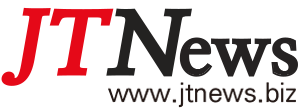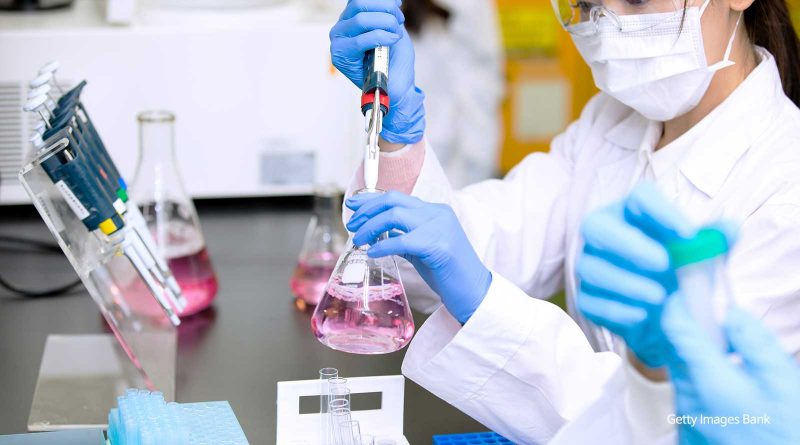Key bio-health regulations such as allowing recycling of waste fat are lifted.
Improvements to 15 key bio-health regulations in four major areas…New ‘master’ in bio-health field
Health and Welfare 2020.01.15
Under the revision of the Personal Information Protection Act, the government will prepare guidelines for the use of medical data in order to utilize medical data and create a research environment for new industries by allowing recycling of waste areas.
The company also plans to introduce new items of VR (virtual reality) and AR (incremental reality) medical devices to improve the new medical technology evaluation system to expand recognition of innovative technologies, introduce a health care service certification system and a health-intuitive system, and conduct a second pilot project (DTC) for consumers.
The government said it will establish a “key bio-health regulations improvement plan” jointly with related ministries and pass the bill at an innovative growth strategy meeting on July 15, and actively push for such a revision of regulations.
◆ Expand medical data utilization, allow recycling of waste fat, and provide guidance for derived research resources
Although Korean hospitals have extensive medical data, they are currently difficult to use for treating rare and incurable diseases and developing innovative medical devices due to limitations such as lack of legal grounds such as alias measures for personal information protection and the need to be used only for public-interest research.
Under the revision to the Privacy Act, which passed the National Assembly last week, however, legal grounds such as the provision of medical data to third parties through alias measures will be provided, and the scope of use will be expanded to include scientific research, including the development of medicine and medical devices.
To expand the use of medical data, the Ministry of Health and Welfare plans to establish a guideline for the use of medical data in line with the implementation of the Privacy Act in the second half of this year, including measures for household names, security measures, and methods for providing third parties.
Meanwhile, the waste management law will be revised to allow the recycling of human waste fat to be used for drug development through stem cells.
In addition, as demand for research on the utilization of new types of human derived research resources such as microbiome and oganoid increases, the government plans to develop guidelines for review of IRB (International Committee on Organizational Bioethics) to enhance the utilization of life research resources.
In particular, the government plans to establish a new bio-health “master” in areas that require high level of expertise, such as bio-production process management, to encourage the accumulation of skilled technologies in bio-health and training of professionals.
◆ New VR-AR-based medical device items and improved systems such as evaluation of neuroscience technology
Under the new regulations, the government will introduce new licensed items for mixed medical devices such as VR (Virtual Reality) and AR (Advanced Reality) based cognitive behavior therapy software.
First of all, medical devices that incorporate new technologies such as artificial intelligence (AI) imaging and diagnostic devices will be designated as innovative medical devices, items, and innovative devices according to the medical device industry law passed in April last year, and a sub-law will be enacted so that they can provide special cases such as first screening from the Ministry of Food and Drug Safety.
In addition, the scope of innovative medical technology evaluation tracks will be expanded and the scope of technologies and diseases will be prepared and the process of reapplying for innovative technologies will be prepared to improve the recognition of innovative technologies to be activated.
In the case of in vitro diagnosis, which accounts for 50 percent of the total neuroscience technology evaluation, the “advance-post-evaluation” system, which has been applied to the infectious disease field since last year, will be expanded during the second quarter of this year.
A simple improved in vitro diagnostic examination similar to the existing inspection method is classified as existing technology and listed as health insurance without evaluation of neuroscience technology.
◆ Activating disease prevention and health care services
In the future, the government will introduce a health care service certification system so that consumers can refer to health care service selection, and launch a pilot project for ‘health incentive system’ during the second half of this year.
The ministry also plans to expand the number of wellness (disease prevention and health care) inspection fields from the current 12 to 56 through the revision of the “DTC Item Notice” and launch the second pilot project in January this year to push for the expansion of more than 20 items.
In addition, to minimize on-site burden due to the certification system of genetic testing institutions, which are currently operated by various organizations, the government will consider unifying the certification system, including mutual recognition of common assessment items, integration of application windows, and others.
◆ Eliminate unnecessary regulations such as double regulation
To remove unnecessary regulations, the government plans to ease restrictions on the size of production facilities that can be set up by companies operating in high-tech medical complexes to reduce the burden of preparing separate production facilities after product development.
The 1st and 2nd-grade medical devices, which have safety management for electrical safety under the Medical Equipment Act, exempt the safety certification of electrical goods, thereby removing the double regulation of the Ministry of Food and Drug Safety (Medical Devices Act) and the Ministry of Trade, Industry and Energy (Economic Household Goods Safety Act).
In addition, the medical equipment manufacturers and importers will be relieved of the burden by readjusting and expanding items such as disposable medical devices, which are exempt from paying environmental charges, according to the Medical Devices Act.
For medical devices, the government plans to introduce a system of pre-reviewing private advertising so that commercial regulations using private expertise can be streamlined, and to improve distribution order, including the establishment of payment period, along with the improvement of the supply details reporting system, to alleviate the burden on the medical device industry due to lack of transparency in the distribution of medical devices and delayed payment.
In addition, the government will clearly interpret and guide the voters of building codes so that there will be no errors in reporting the medical equipment sales business, and promote the guidelines for biomedical product licensing based on plants that have recently been revised, and the task of allowing display advertisements for the fact that research institutions participated in the development of cosmetics.
Overview of Key Bio-health Regulations Improvement Plan
Overview of Key Bio-health Regulations Improvement Plan
Regarding the improvement of regulations in the bio-health sector, the government will continue to examine the implementation of the reform measures and system improvements already in place, while establishing a system for finding and improving regulations on a regular basis, focusing on the industry and research sites, through the committee for innovation in the bio-health industries.
Welfare Minister Park Neung-hoo said, “We plan to provide the base for the development of the bio-health industry through the use of medical big data, accelerate the development of new technologies such as microbiom and onionoids, and expand the evaluation track for innovative medical technologies to recognize the innovation of advanced convergence and medical technologies such as artificial intelligence (AI) and precision medicine more broadly.”
“We also hope that the development of medical technology will help the health industry, a leading future food industry in the era of the fourth industrial revolution, grow and contribute to job creation and innovation growth,” he stressed.








